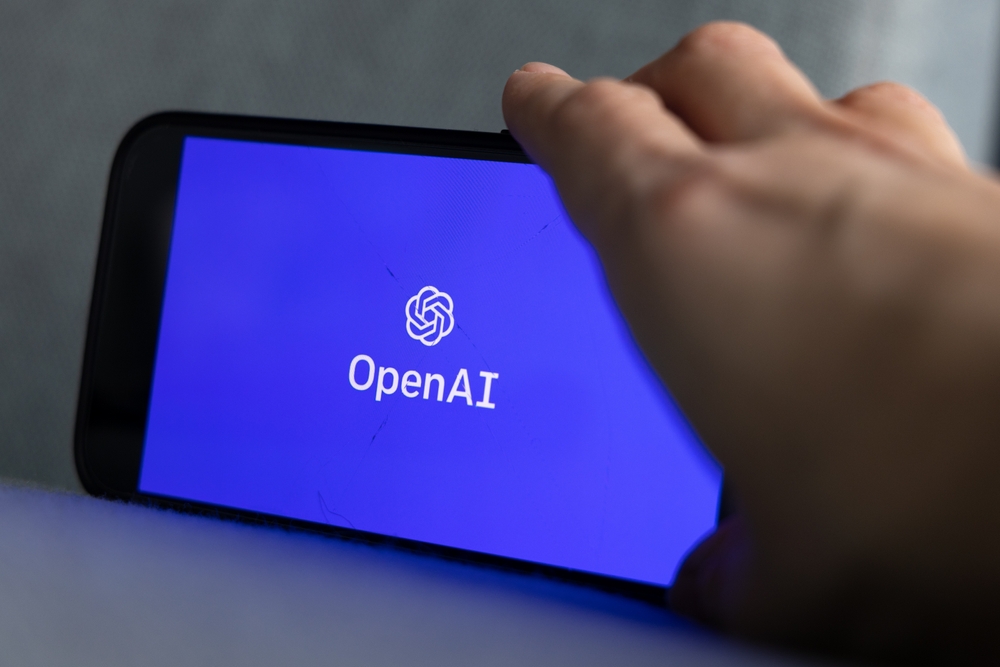OpenAI recently finalized a tender deal with a staggering $80 billion valuation.
The deal, led by Thrive Capital, is a tender offer allowing OpenAI staff to sell their shares. It’s not a traditional funding round.
A tender offer deal enables staff with illiquid shares in OpenAI to see their returns from its tremendous growth. In other words, it enables them to ‘cash out’ their stakes.
OpenAI had previously engaged in a similar transaction that valued the company at about $29 billion in early 2023, so its value has tripled in around a year.
This comes after OpenAI CEO Sam Altman briefly left his position last year due to communication issues with the company’s board, only to return with a new board and continued support from Microsoft.
Since resuming his role, Altman has focused on expanding the company’s board and seeking financial backing for an ambitious new AI chip project. Altman has been in discussions with US government stakeholders and Middle Eastern wealth funds to coordinate an AI hardware manufacturing effort worth trillions, although this remains vague.
This project’s fundraising efforts have included discussions with global investors, including the CEO of Softbank and representatives from the United Arab Emirates, as well as talks with major chip manufacturers like Taiwan Semiconductor Manufacturing Co. (TSMC).
If we’re to understand the context around this tender offer, we have to cast our minds back to when the company’s staff threatened to resign if Altman wasn’t reinstated as CEO last year.
“OpenAI is nothing without its people,” was the message, and Altman was eventually reinstated; otherwise, the whole company could have fallen from grace.
Microsoft offered to rehome the OpenAI team, which was met with resistance. Employees were wary of the cultural shift from a dynamic startup in OpenAI to a larger, more bureaucratic organization in Microsoft.
According to Business Insider, employees’ underlying concerns also included losses or delays in realizing returns from their share options.
If OpenAI fell into disrepute, it wouldn’t be worth $80 billion today. Some even claimed employees were bluffing about leaving the company.
On balance, reluctance to join Microsoft probably wasn’t just about the money; it reflected the desire among OpenAI staff to remain in a more agile environment conducive to AI R&D.
Now, employees will see their financial returns from contributing to OpenAI. It’s going to be a very big payday.





